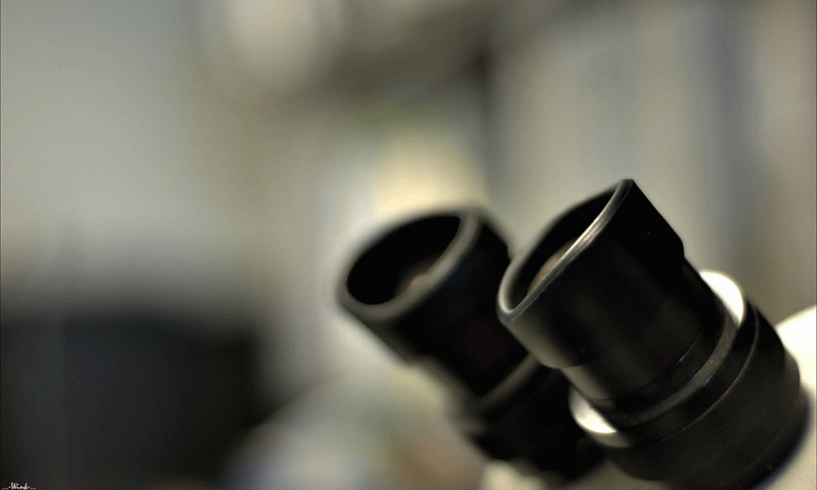A new study reported in Science suggests that some chemotherapy works more effectively with the help of intestinal bacteria. The study showed that the ability of cyclophosphamide, a common cancer chemotherapy treatment, to fight a cancerous tumor relies on its capacity to mobilize certain bacteria from the intestinal flora toward the bloodstream and lymph nodes. Once inside the lymph nodes, the bacteria simulate an immune response that enhances the body’s ability to fight the malignant tumor.
To verify their observation that cyclophosphamide alters the composition of microbiota in the small intestine in mice, the researchers suppressed all gram-positive bacteria from the intestinal microbiota of the mice and found that the efficiency of the chemotherapy was reduced. The researchers then reintroduced the gram-positive bacteria and found the effectiveness of the chemotherapy increased.
In the future, the researchers hope to be able to potentiate the antitumor immune response by supplying beneficial bacteria to the body through specific dietary changes.






